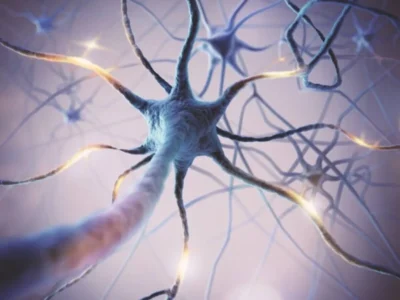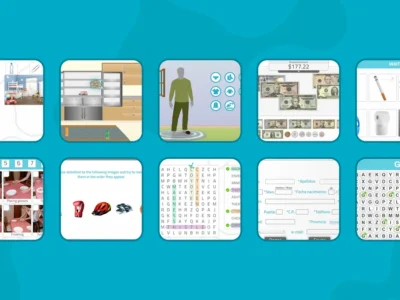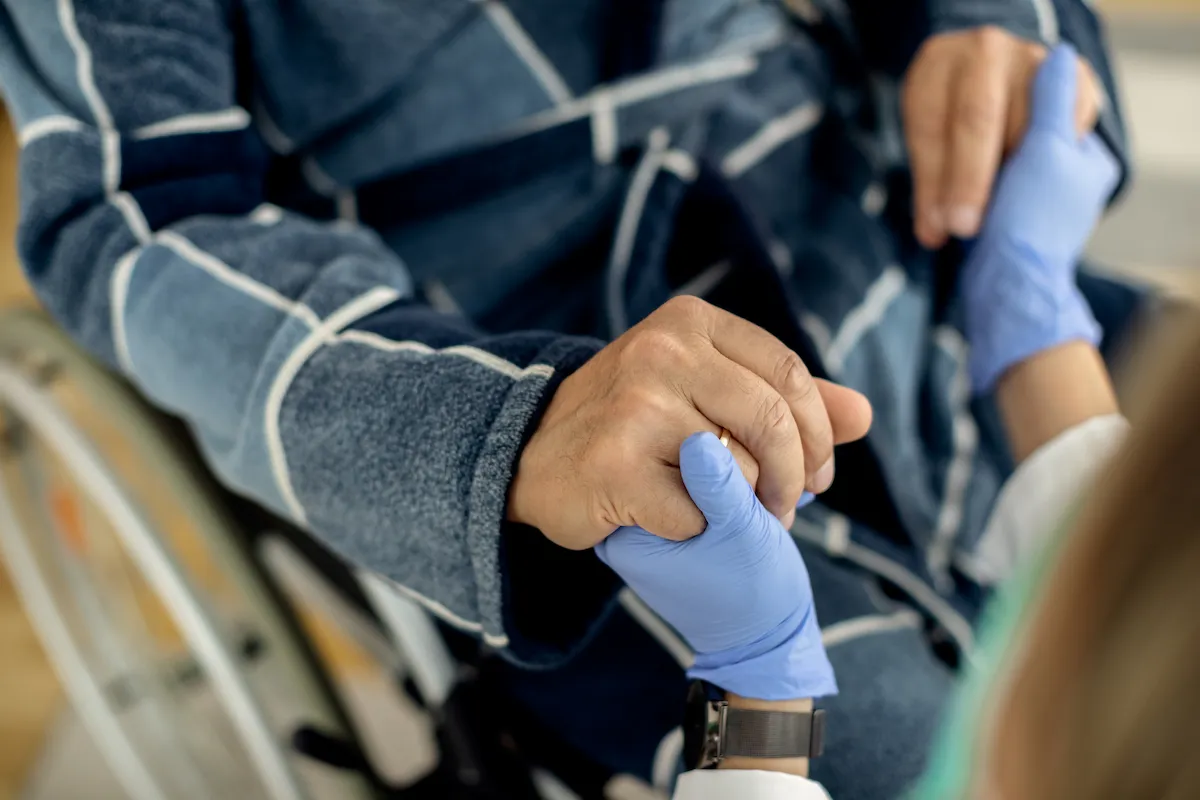On the occasion of Brain Awareness Week 2025, in this article we analyze the main challenges in the neuropsychological assessment of people with rare diseases and propose effective intervention strategies to improve their quality of life and personal relationships.
Main challenges in the neuropsychological assessment of people with rare diseases
1. Heterogeneity of clinical manifestations
Rare diseases present great variability in their symptoms and neurocognitive manifestations. This makes the application of standardized assessment batteries difficult and requires a personalized approach for each patient.
2. Lack of specific assessment tools
Many of the available neuropsychological tests have been designed for populations with more common pathologies, which may limit their validity and reliability in patients with rare diseases. It is necessary to adapt assessment tools or develop new tests better suited to these pathologies.
3. Lack of normative references
Due to the low prevalence of these diseases, there are few normative studies that allow comparing patients’ results with an adequate reference population. This complicates the interpretation of data and the establishment of precise diagnoses.
4. Emotional and social impact on patients
Patients with rare diseases may experience difficulties in their personal relationships due to the cognitive and emotional symptoms associated with their condition. The neuropsychological assessment must consider these aspects and propose strategies to strengthen their social and emotional interaction skills.

Subscribe
to our
Newsletter
Strategies for an effective neuropsychological assessment of rare diseases
1. Multidisciplinary approach
Collaboration among neuropsychologists, neurologists, geneticists and other specialists is essential to obtain a complete and accurate diagnosis. Teamwork allows identifying specific cognitive patterns and personalizing intervention strategies.
2. Use of adapted assessment tools
It is recommended to use neuropsychological tests that are flexible and adaptable, complemented with observation Number Lines and structured Press Conferences with family members and caregivers. Some computerized tests can facilitate the collection of accurate data and reduce bias in the assessment.
3. Incorporation of neuropsychological biomarkers
The use of neuroimaging and biomarkers allows complementing the cognitive assessment and better understanding the underlying mechanisms of rare diseases. These tools can be useful to predict the course of the disease and adjust therapeutic interventions.
4. Assessment of impact on daily life
The evaluation should consider not only the results of cognitive tests, but also how the symptoms affect the patient’s daily life. Quality of life questionnaires and assessments with ecological validity can provide valuable information about the functional impact of neuropsychological deficits.
Neuropsychological intervention and strengthening personal relationships
1. Cognitive rehabilitation strategies
Cognitive rehabilitation therapies can improve functions such as memory, attention and executive function in patients with rare diseases. Tools like NeuronUP allow designing personalized programs to work these areas effectively.
2. Support for socioemotional skills
Deficits in emotional regulation and social communication can hinder personal relationships. Interventions aimed at improving emotion recognition, empathy and conversational skills can be key to enhancing the patient’s social integration .
3. Involvement of family and caregivers
Family participation in the therapeutic process is essential. Psychoeducation and training in support strategies can help improve interaction and quality of life for the patient and their environment.
4. Use of technology for intervention
Digital platforms, virtual reality and mobile applications can facilitate cognitive rehabilitation and the practice of social skills in a controlled environment. These technologies allow more precise monitoring and adaptation of therapeutic strategies according to the patient’s progress.
Conclusion
The neuropsychological assessment of patients with rare diseases faces numerous challenges, but with a multidisciplinary approach and adapted evaluation and intervention strategies, it is possible to improve the quality of life of these patients. Neuropsychology not only allows for a better understanding of cognitive alterations, but also to strengthen personal relationships and social integration of those affected. It is essential to continue researching and developing specific tools to optimize neuropsychological care for this group of patients.
If you liked this blog post about the neuropsychological assessment in rare diseases, you will likely be interested in these NeuronUP articles:
“This article has been translated. Link to the original article in Spanish:”
Evaluación neuropsicológica en enfermedades raras: Desafíos y estrategias para un diagnóstico preciso







Leave a Reply